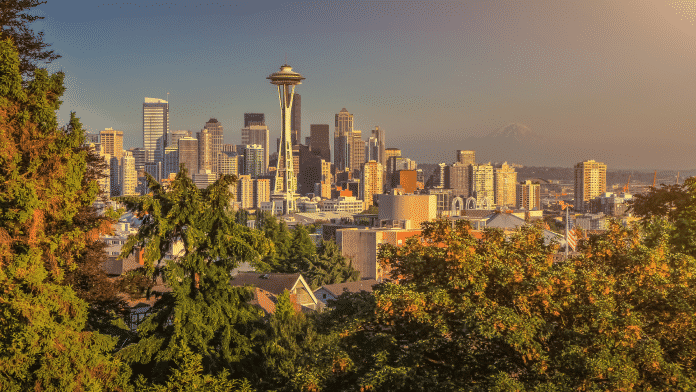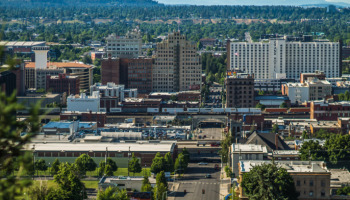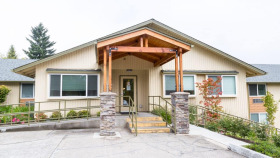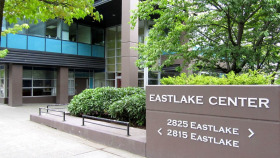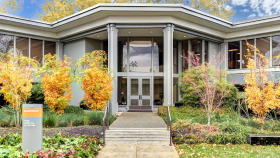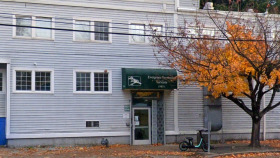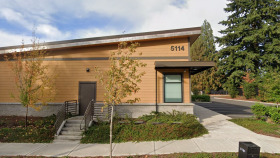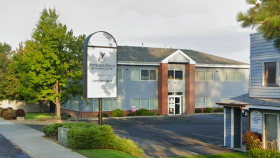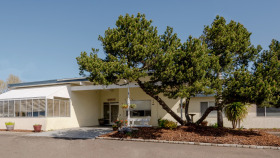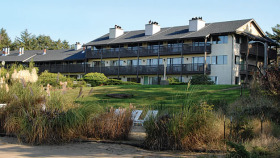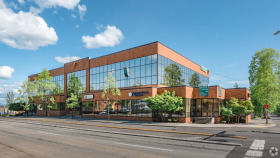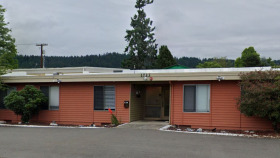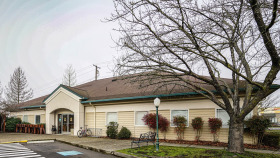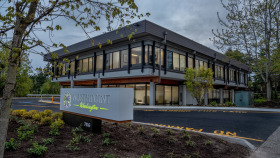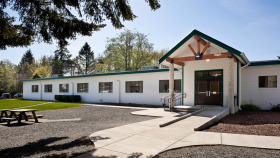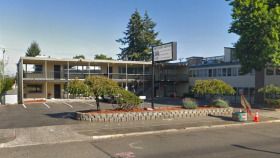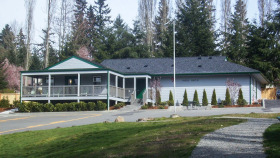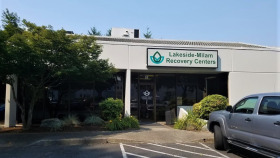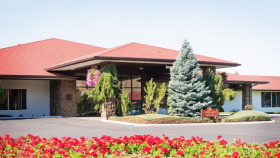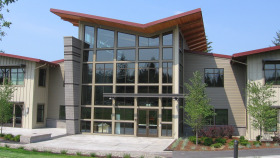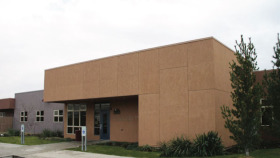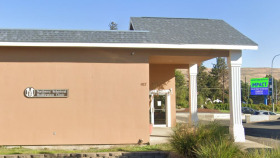Expert Insights
I have witnessed the devastating rise and impact of fentanyl use upon individuals and communities while serving as a counselor in Washington. Many of my patients came from underserved backgrounds.
The scarcity of options and local support had also created barriers that left clients vulnerable and further discouraged. These compounded issues reflect deeper systemic failures in our response to combat substance use.
The Public Health Division of Seattle & King County has reported that King County alone has had nearly 1,100 overdose deaths involving fentanyl alone in 2023. This marked a tragic record high. The crisis continues to escalate across neighborhoods and regions.
~ Elizabeth Austen
How Much Does Drug Rehab Cost in Washington?
Washington is ranked 14th nationwide in terms of addiction treatment affordability, with an average cost of drug and alcohol rehab of $56,539 (without insurance).
- Medical detox is the most expensive, with an average cost of $139,389
- Long-term inpatient drug rehab in Washington costs an average of $49,892
- Outpatient addiction treatment in Washington costs an average of $8,290
- Outpatient methadone treatment is the most affordable, with an average cost of $7,366
If you are looking for addiction services in Washington, you may find that the cost can vary widely. Your out-of-pocket expenses will depend on multiple factors, including:
- Type of rehab (inpatient vs. outpatient)
- Location
- Insurance plans accepted
- Amenities and features (luxury vs. standard)
- Length of treatment stay
In a general trend, inpatient or residential rehab costs more. Inpatient treatment includes the price of staying on site, with meals, therapy, and other services provided. Choosing a luxury treatment center or an executive rehab will drive up costs also. Those facilities have enhanced on-site amenities, so prices are higher than standard programs.
If you are concerned about cost, you can find free, low-cost, or sliding-scale facilities in Washington. Some facilities offer payment plans, so you can pay over time instead of making one large payment at the start of treatment.
If you have health insurance, your policy will pay for some portion of treatment. Under the Affordable Care Act (ACA), insurance must cover some rehab. Private insurance, Medicaid, Medicare, or military insurance will all include addiction treatment. Check the specifics of your plan to verify what facilities, services, or providers are covered. Not all facilities accept every type of insurance, so you must confirm that your chosen rehab is covered by your policy. Either the facility or your insurance company can provide that information.
How to Pay for Drug Rehab in Washington
As of 2024, there were over 520 drug rehab facilities across the state of Washington. These facilities accept several payment methods. Of those treatment facilities, the following numbers reflect how many accept their respective payment methods:
There are a lot of different ways to pay for substance abuse treatment in Washington. Here are a few to consider.
Private Pay & Insurance
One of the simplest ways to pay for going to a rehab center is using health insurance. Many health insurance plans pay at least some of the costs of addiction treatment, and you’re only responsible for a copayment or deductible. To maximize your coverage, be sure to talk to your insurer to find treatment centers that are included in your plan’s provider network.
Some of the insurers you might have coverage from in Washington include:
- Aetna
- HealthChoice
- Humana
- Cigna
- Kaiser Permanente
- Premera Blue Cross
- Regency Blue Shield
- United Healthcare
Medicaid
You’ll find the Medicaid program in Washington under the name Apple Health. You can apply for coverage online or by contacting the Washington State Health Care Authority through their online portal. Apple Health covers a variety of health needs, including primary care, maternity care, emergency services, and addiction treatment.
For substance abuse, you can access alcohol use treatment, opioid use treatment, medication assisted treatment, and more. Many times, using Apple Health to pay for addiction treatment means you won’t pay a deductible or copayment. However, the treatment centers that accept Apple Health may have a waiting list.
Medicare
Medicare is a national program for those 65 and older, as well as those younger than 65 who are permanently disabled or have specific health issues. The government administers Original Medicare and often requires you to pay 20% of the Medicare-approved cost of care. Individual insurance companies offer Medicare Advantage plans, which cover at least as much as Original Medicare, but often include more benefits and more predictable costs. However, you’re limited to their provider network, so be sure to talk to your Medicare Advantage provider to understand the best way to access addiction treatment.
Military Insurance
For those who are in the military or veterans, you’ve experienced things that civilians can’t imagine. As a result, you might struggle with PTSD, substance use, and other issues. Fortunately, TRICARE and the Veterans Administration (VA) insurance plan both cover addiction treatment. Some drug rehab centers have military-specific treatment programs. The best way to use military insurance for rehab is to visit a military or VA clinic and ask what addiction treatment is available to you.
Tribal Funding and Programs
Native Americans can get culturally-focused addiction treatment from a variety of tribal treatment programs. The specific program you should contact depends on where you live. For example in Northwest Washington you can reach out to the Northwest Indian Treatment Center (NWITC). In Seattle, the Seattle Indian Health Board is in the process of building a new residential treatment center. Treatment is often paid by a combination of Apple Health, state support, and the Indian Health Service.
Other Low Cost Options
There are other ways to save money on addiction treatment, but the specifics vary from facility to facility. Sometimes, it depends on the facility’s amenities or luxuries offered. Some rehab centers offer scholarships, while others have payment plans that can make it easier to afford treatment. One of the more common payment arrangements is a sliding fee scale that is based on your income and household size. This allows those with less money to get treatment at a lower cost.
Resources
- America’s Health Rankings. (2022). Non-Medical Drug Use – Past Year In Washington. Analysis of Denver Health and Hospital Authority, RADARS System Survey of Non-Medical Use of Prescription Drugs Program. United Health Foundation.
- America’s Health Rankings. (2022). Excessive Drinking in Washington. Analysis of CDC, Behavioral Risk Factor Surveillance System. United Health Foundation.
- National Institute of Mental Health. (2022). Major Depression. National Institutes of Health (NIH). U. S. Department of Health and Human Services.
- Washington Courts. (2021). Drug Courts & Other Therapeutic Courts.
- Washington State Legislature. (2010). Medical assistance—Drug-related overdose—Prosecution for possession.

